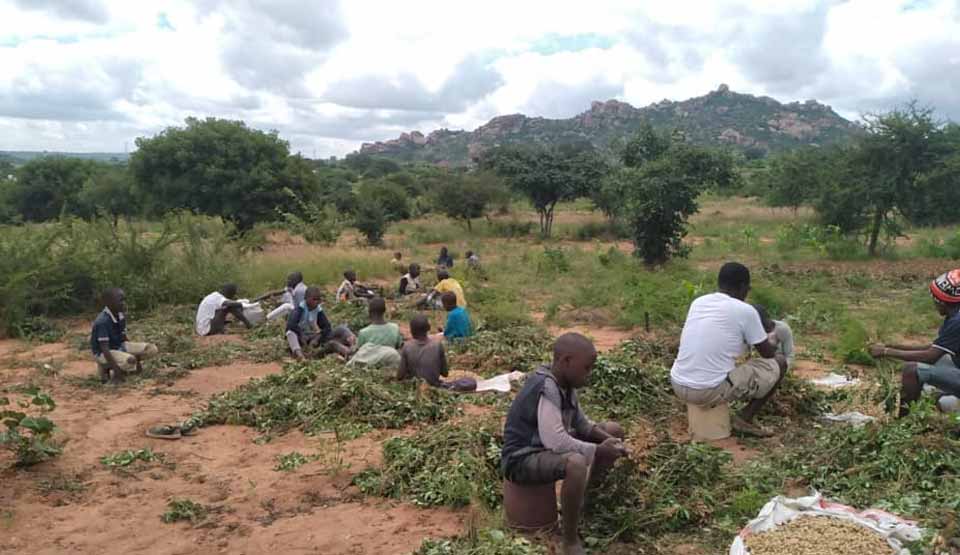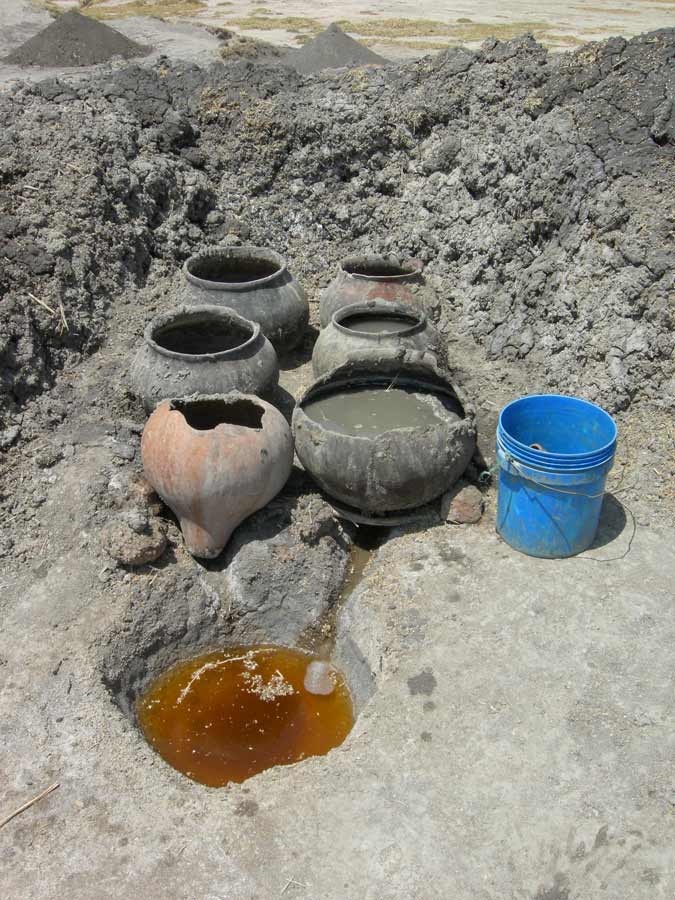Enhancing livelihood initiative among low-income parents.
Kisedet, adopted another phrase from Nyerere, the Father of the Nation, has started a microcredit project aimed at the families of Itigi (in the Singida region) and Chigongwe (Dodoma region).
You cannot develop people. You must allow people to develop themselves.
After the initial implementation with courses held by experts in the sector, Kisedet has made available to the people involved in this project an initial capital which they can draw on through loans which they will then repay with a small interest rate, and improve their economic activities. or create new ones.


In this way, people begin to be independent from external help and have the opportunity to support their families, but above all, they find the dignity that every human being should obtain through work. Kisedet firmly believes that doing charity is a wrong approach.
This year the school uniforms were all made and sewn by the Itigi group of tailors. A nice income that allowed them to earn and manage money in complete autonomy.
Between 2018 and 2019, Kisedet has provided an initial capital of Tsh. 4.5 million to Itigi parents’ groups and 4.0 million to Chigongwe MKICHI group. These groups have run these revolving funds successfully. For example, the Itigi parents’ group is composed of 77 (55Female) members, where they have circulated their capital more than six-fold. They have provided loans for each other to an amount that has reached Tsh. 30,295,000. While Chigongwe has circulated their capital more than four times and the total amount of loan provided is Tsh. 17,870,000 to 63 members who have access now to regular financial services. This project aims to help parents increase their living standards through financial services groups by investing in small local businesses, for the well-being of their lives and their families.
The realization of this project was financed by the “Agata Smeralda Project”, Florence.
